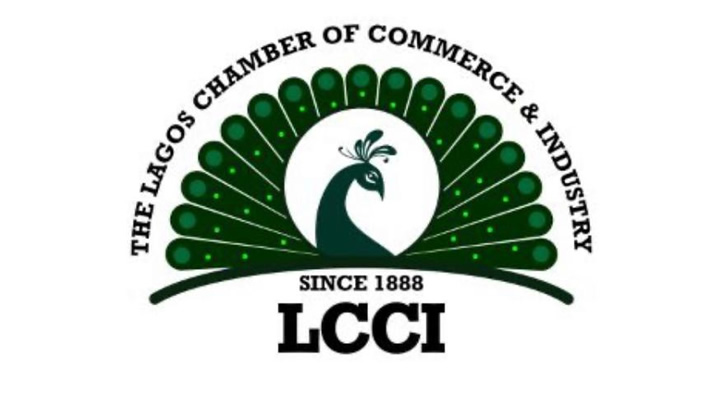The Lagos Chamber of Commerce and Industry (LCCI) has voiced its concerns regarding the National Assembly’s decision to extend the implementation of the 2024 capital budget to December 31, 2025. This marks the second extension, following an earlier postponement to June 30, 2025. While acknowledging the government’s intention to complete ongoing projects, the LCCI argues that such repeated rollovers undermine the integrity of the budget cycle and erode investor confidence. The Chamber emphasizes the importance of adhering to the January-December budget cycle for fostering a stable and predictable business environment, crucial for attracting both domestic and foreign investment. They advocate for a legislative cap on future rollovers, limiting them to one per fiscal year, to reinstate budgetary discipline and predictability.
The LCCI’s primary concern lies in the impact of these extensions on investor confidence. Predictability in government spending is a cornerstone of a healthy investment climate. Repeated shifts in budget timelines create uncertainty, making it difficult for businesses to plan long-term investments. This unpredictability hampers private sector growth and ultimately hinders economic development. The LCCI argues that while completing projects is important, consistently extending deadlines without addressing the root causes of delays sends a negative signal to investors, suggesting a lack of commitment to fiscal discipline and efficient project execution.
Furthermore, the LCCI highlights the discrepancy between budget allocations and actual disbursements. Despite the rollover of funds, the Federal Government’s capital execution rate remains disappointingly low. Data reveals that only a small percentage of the allocated capital budget is actually released and utilized for projects. This low disbursement rate indicates that simply extending deadlines does not guarantee project completion. The LCCI contends that the core issue lies in the capacity of Ministries, Departments, and Agencies (MDAs) to effectively execute projects within the stipulated timeframe. They argue that merely providing more time without addressing the underlying inefficiencies in project management will not yield the desired results.
The LCCI also raises concerns about the prioritization of debt servicing and recurrent expenditure over capital projects. They point out that a significant portion of the budget is allocated to servicing debt and recurrent costs, leaving a relatively small portion for capital investments. This allocation imbalance, the LCCI argues, renders the capital component of the budget “effectively unfunded,” hindering critical infrastructure development. They advocate for a more balanced budgetary approach that prioritizes capital investments, particularly in infrastructure, to stimulate economic growth and create a more conducive business environment.
To address these concerns, the LCCI proposes several recommendations. First, they urge the National Assembly to link any new borrowing to specific, near-completion projects. This strategy would ensure that borrowed funds are used effectively and transparently, promoting accountability and minimizing the risk of misallocation. Second, the LCCI recommends the publication of quarterly, project-level dashboards detailing funds released and physical completion rates. This measure would enhance transparency and allow for better monitoring of project progress, enabling stakeholders to hold MDAs accountable for their performance.
Finally, the LCCI emphasizes the need to address the underlying capacity constraints within MDAs. They argue that merely extending deadlines without improving the capacity of MDAs to manage and execute projects effectively will not solve the problem of delayed project completion. They suggest investing in capacity building initiatives and streamlining bureaucratic processes to enhance the efficiency of project implementation. This, they believe, is crucial for restoring the credibility of the budget process and building investor confidence in the government’s ability to deliver on its infrastructure development promises. By implementing these recommendations, the LCCI believes that Nigeria can move towards a more efficient and transparent budget process, fostering a more stable and predictable environment for investment and economic growth.














